| [1] |
谢胜利, 何昭水, 高鹰. 信号处理的自适应理论[M]. 北京: 科学出版社, 2006: 2–7.
|
| [2] |
HUANG Fuyi, ZHANG Jiashu, and ZHANG Sheng. A family of robust adaptive filtering algorithms based on sigmoid cost[J]. Signal Processing, 2018, 149: 179–192. doi: 10.1016/j.sigpro.2018.03.013
|
| [3] |
高鹰, 谢胜利. 一种变步长LMS自适应滤波算法及分析[J]. 电子学报, 2001, 29(8): 1094–1097. doi: 10.3321/j.issn:0372-2112.2001.08.023GAO Ying and XIE Shengli. A variable step size LMS adaptive filtering algorithm and its analysis[J]. Acta Electronica Sinica, 2001, 29(8): 1094–1097. doi: 10.3321/j.issn:0372-2112.2001.08.023
|
| [4] |
樊宽刚, 邱海云. 基于Sigmoid框架的非负最小均方算法[J]. 电子与信息学报, 2021, 43(2): 349–355. doi: 10.11999/JEIT200018FAN Kuan’gang and QIU Haiyun. Robust nonnegative least mean square algorithm based on sigmoid framework[J]. Journal of Electronics &Information Technology, 2021, 43(2): 349–355. doi: 10.11999/JEIT200018
|
| [5] |
PEREZ F L, DE SOUZA F D C, and SEARA R. An improved mean-square weight deviation-proportionate gain algorithm based on error autocorrelation[J]. Signal Processing, 2014, 94: 503–513. doi: 10.1016/j.sigpro.2013.06.030
|
| [6] |
JIN Danqi, CHEN Jie, RICHARD C, et al. Model-driven online parameter adjustment for zero-attracting LMS[J]. Signal Processing, 2018, 152: 373–383. doi: 10.1016/j.sigpro.2018.06.020
|
| [7] |
BERSHAD N J, WEN Fuxi, and SO H C. Comments on “fractional LMS algorithm”[J]. Signal Processing, 2017, 133: 219–226. doi: 10.1016/j.sigpro.2016.11.009
|
| [8] |
SHI Long, ZHAO Haiquan, WANG Wenyuan, et al. Combined regularization parameter for normalized LMS algorithm and its performance analysis[J]. Signal Processing, 2019, 162: 75–82. doi: 10.1016/j.sigpro.2019.04.014
|
| [9] |
AHN D C, LEE J W, SHIN S J, et al. A new robust variable weighting coefficients diffusion LMS algorithm[J]. Signal Processing, 2017, 131: 300–306. doi: 10.1016/j.sigpro.2016.08.023
|
| [10] |
CHENG Songsong, WEI Yiheng, CHEN Yuquan, et al. A universal modified LMS algorithm with iteration order hybrid switching[J]. ISA Transactions, 2017, 67: 67–75. doi: 10.1016/j.isatra.2016.11.019
|
| [11] |
YANG Feiran and YANG Jun. Mean-square performance of the modified frequency-domain block LMS algorithm[J]. Signal Processing, 2019, 163: 18–25. doi: 10.1016/j.sigpro.2019.04.030
|
| [12] |
杨鹏程, 吕晓德, 柴致海, 等. 基于频域分块RDS-LMS算法的机载外辐射源雷达杂波对消[J]. 电子与信息学报, 2017, 39(10): 2302–2310. doi: 10.11999/JEIT170190YANG Pengcheng, LÜ Xiaode, CHAI Zhihai, et al. Clutter cancellation for airborne passive radar based on frequency-domain block RDS-LMS algorithm[J]. Journal of Electronics &Information Technology, 2017, 39(10): 2302–2310. doi: 10.11999/JEIT170190
|
| [13] |
SADIGH A N, TAHERINIA A H, and YAZDI H S. Analysis of robust recursive least squares: Convergence and tracking[J]. Signal Processing, 2020, 171: 107482. doi: 10.1016/j.sigpro.2020.107482
|
| [14] |
赵海全, 李磊. 一种抗冲击噪声的对数总体最小二乘自适应滤波算法[J]. 电子与信息学报, 2021, 43(2): 284–288. doi: 10.11999/JEIT200344ZHAO Haiquan and LI Lei. A logarithmic total least squares adaptive filtering algorithm for impulsive noise suppression[J]. Journal of Electronics &Information Technology, 2021, 43(2): 284–288. doi: 10.11999/JEIT200344
|
| [15] |
EWEDA E. A new approach for analyzing the limiting behavior of the normalized LMS algorithm under weak assumptions[J]. Signal Processing, 2009, 89(11): 2143–2151. doi: 10.1016/j.sigpro.2009.04.040
|
| [16] |
ZHANG Sheng, ZHANG Jiashu, and SO H C. Mean square deviation analysis of LMS and NLMS algorithms with white reference inputs[J]. Signal Processing, 2017, 131: 20–26. doi: 10.1016/j.sigpro.2016.07.027
|
| [17] |
BERMUDEZ J C M, BERSHAD N J, and EWEDA E. Stochastic analysis of the LMS algorithm for cyclostationary colored Gaussian inputs[J]. Signal Processing, 2019, 160: 127–136. doi: 10.1016/j.sigpro.2019.02.018
|






 下载:
下载:
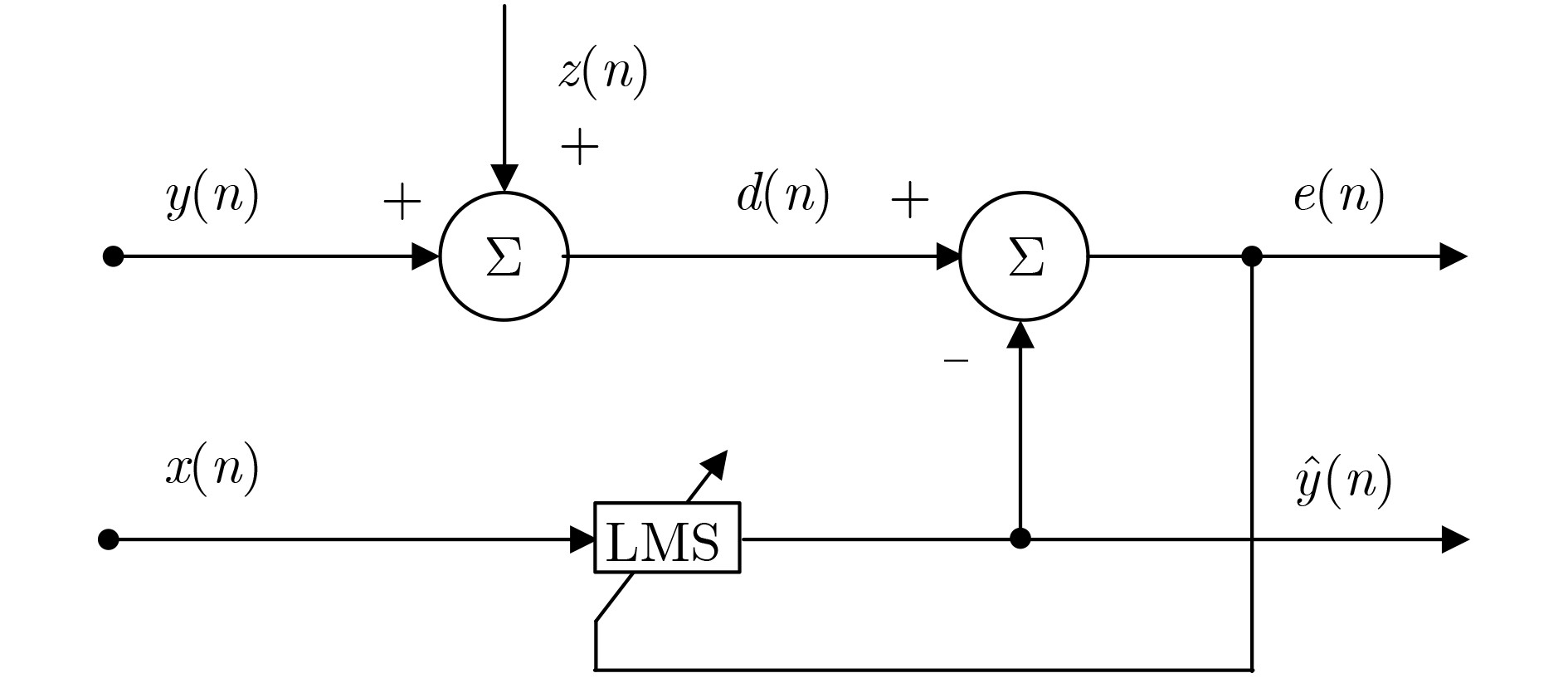
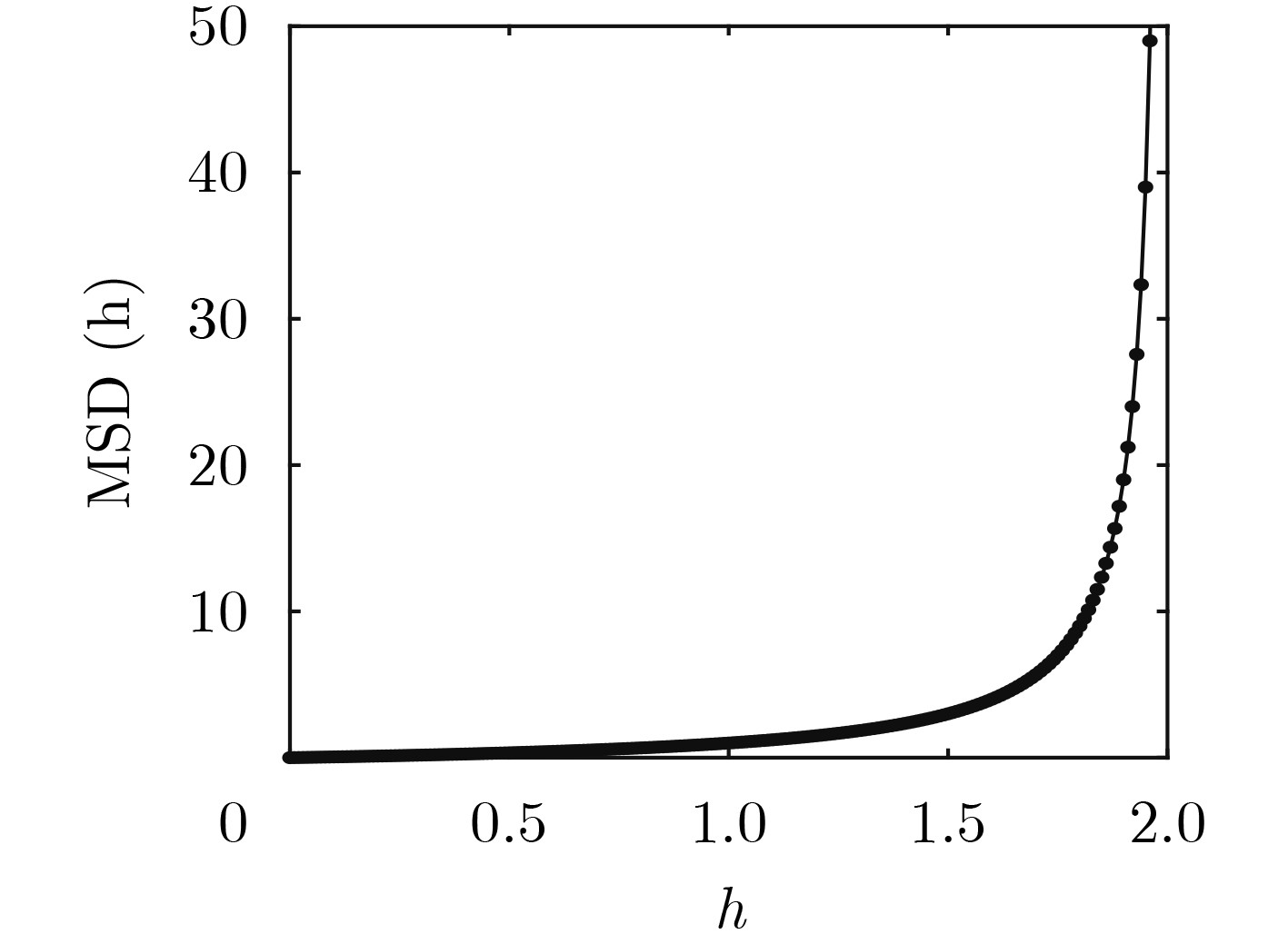

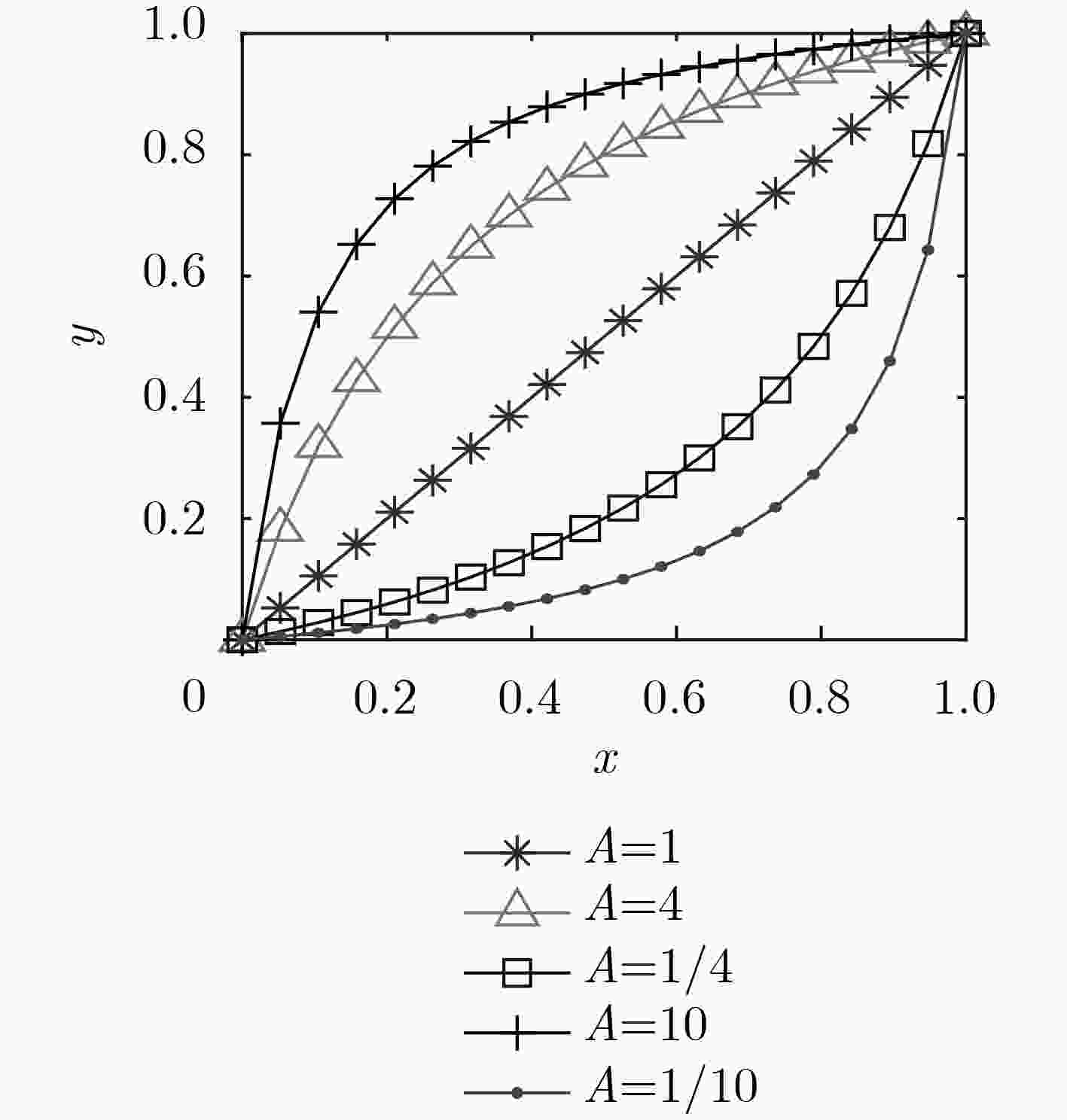


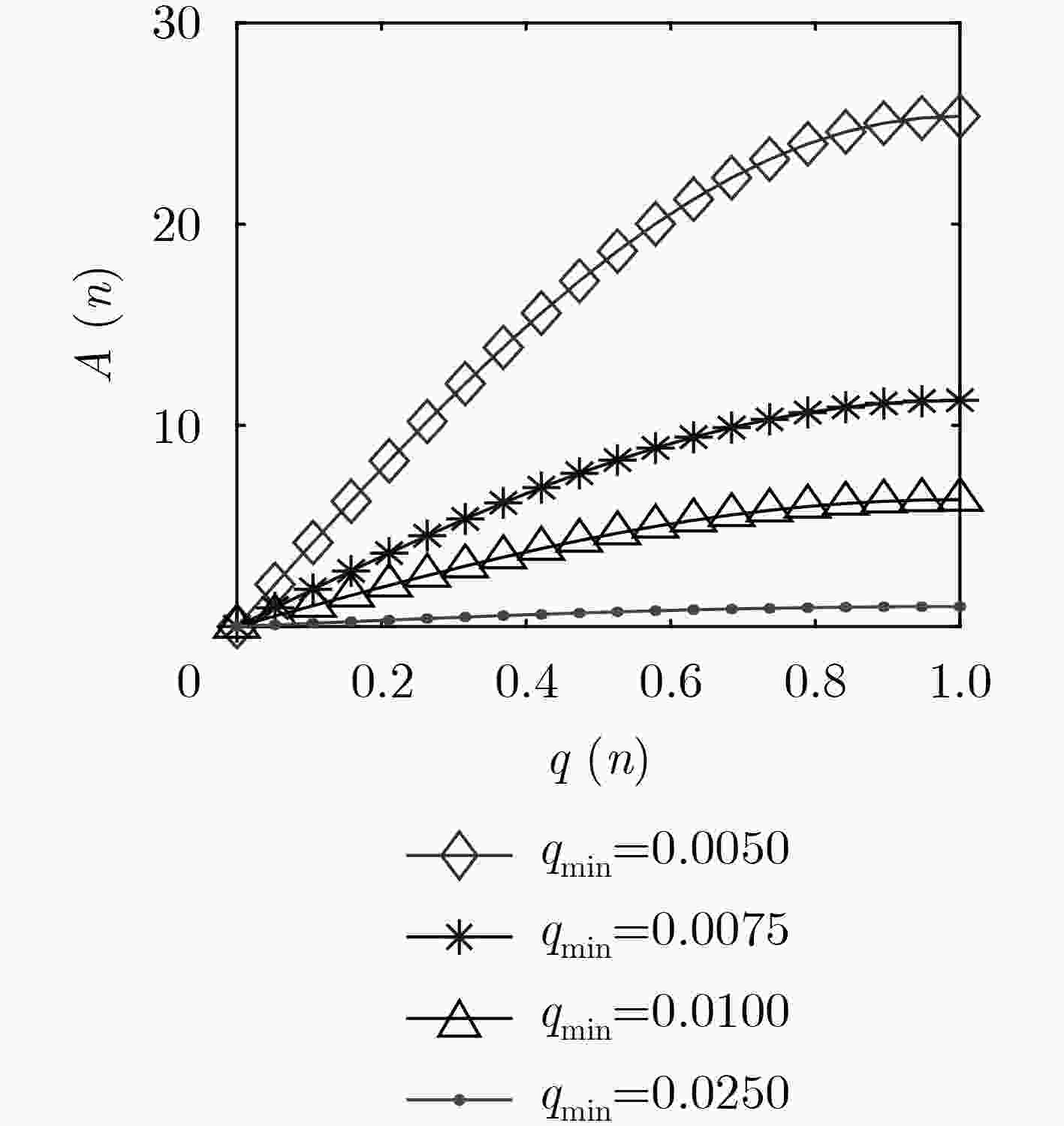


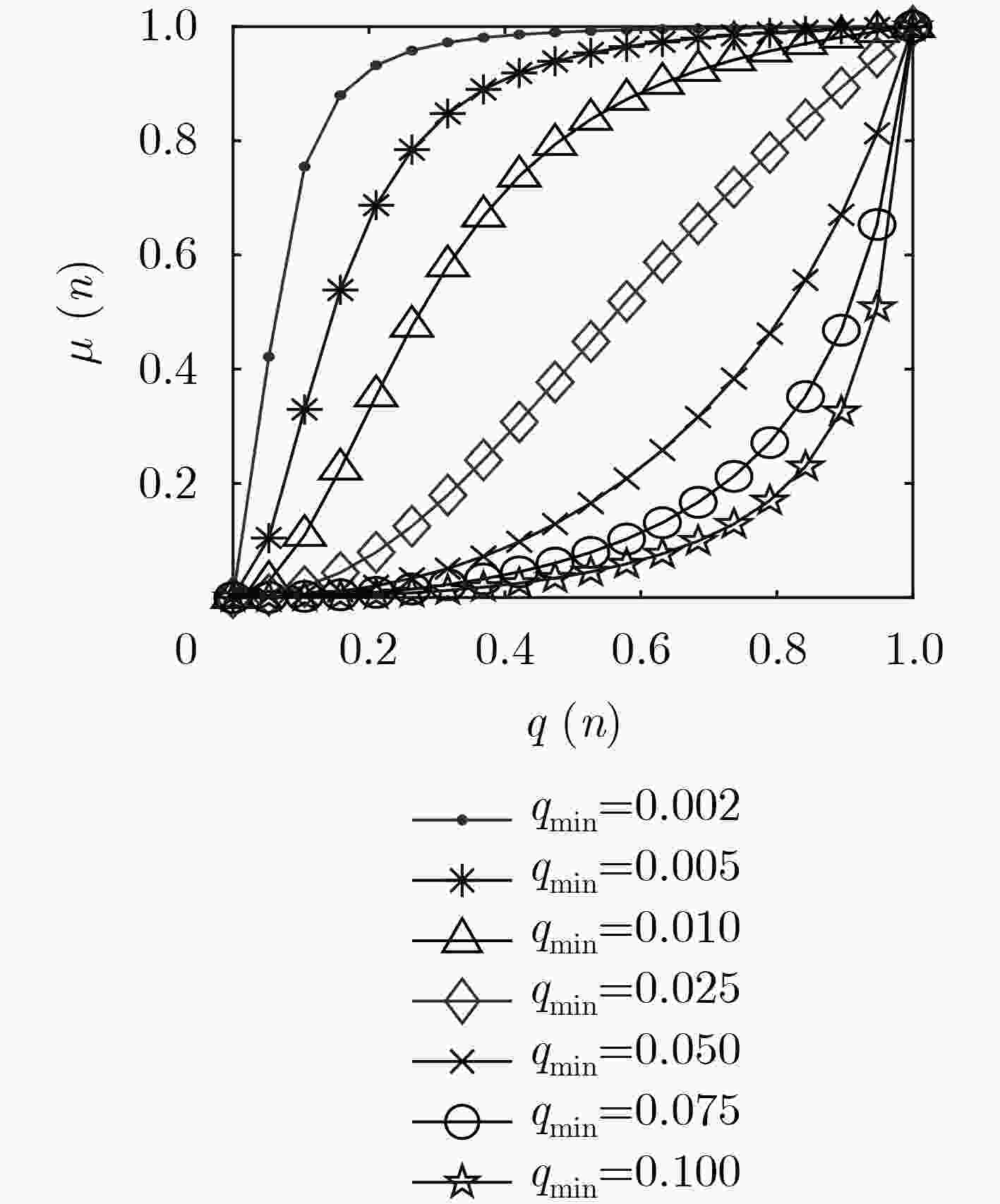


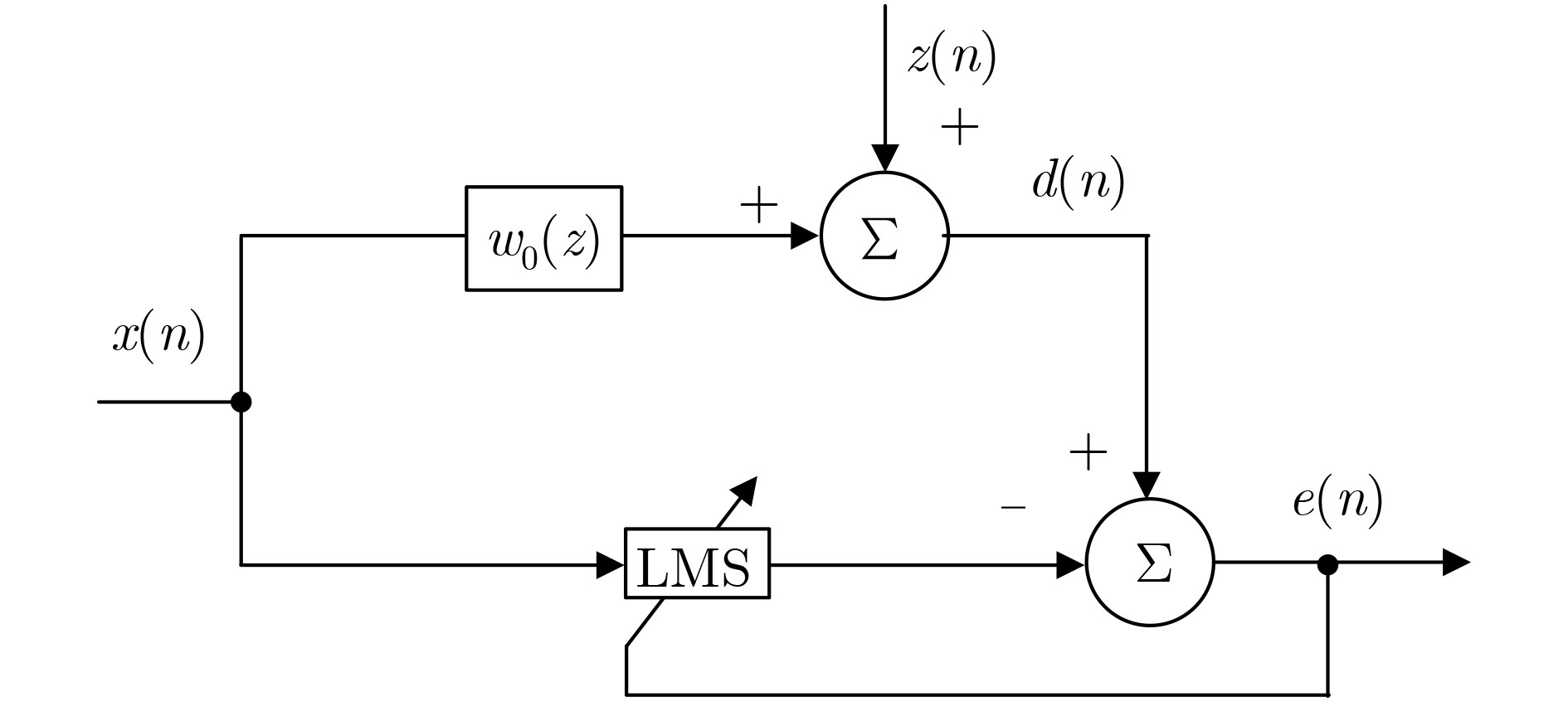

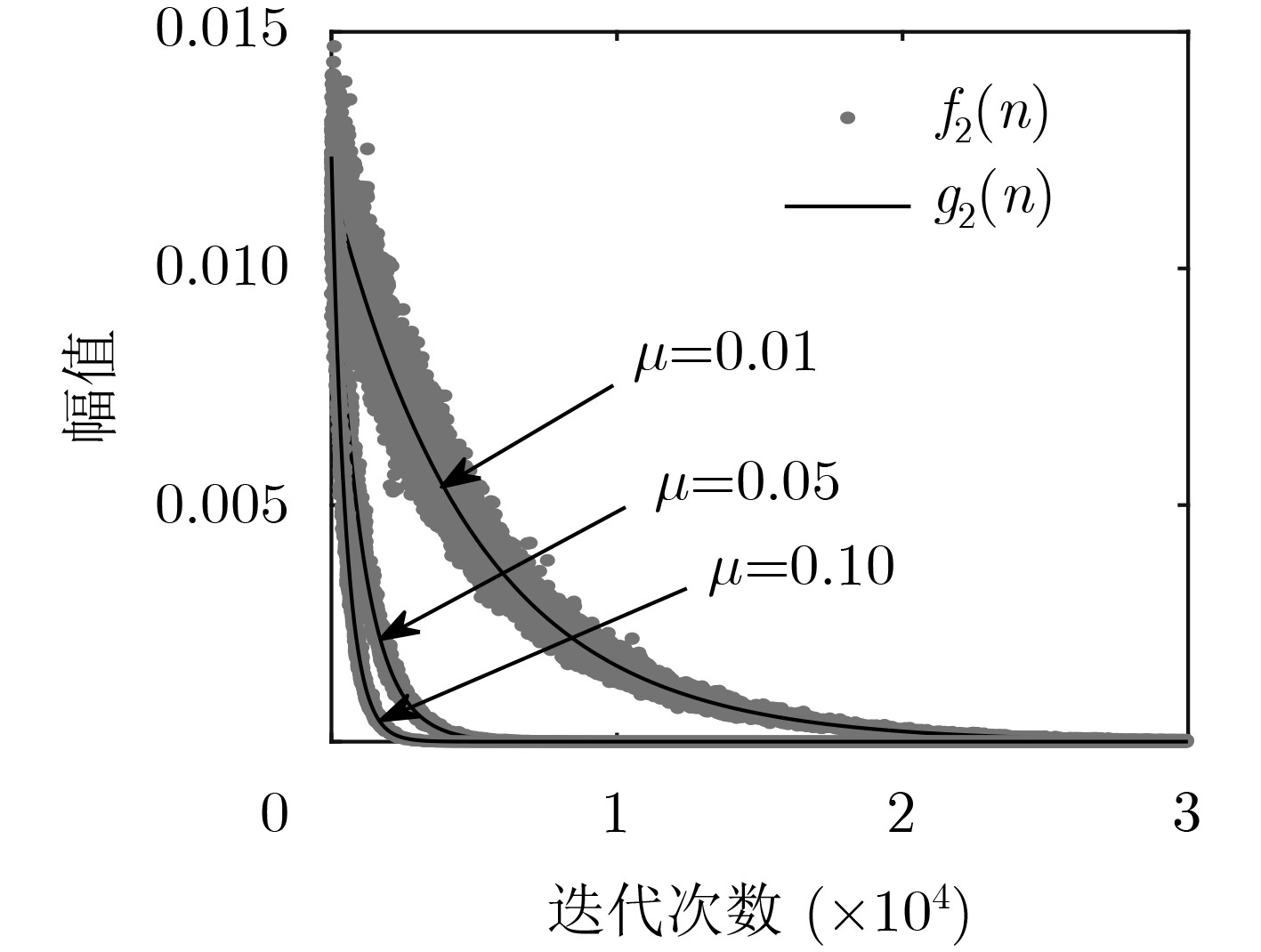
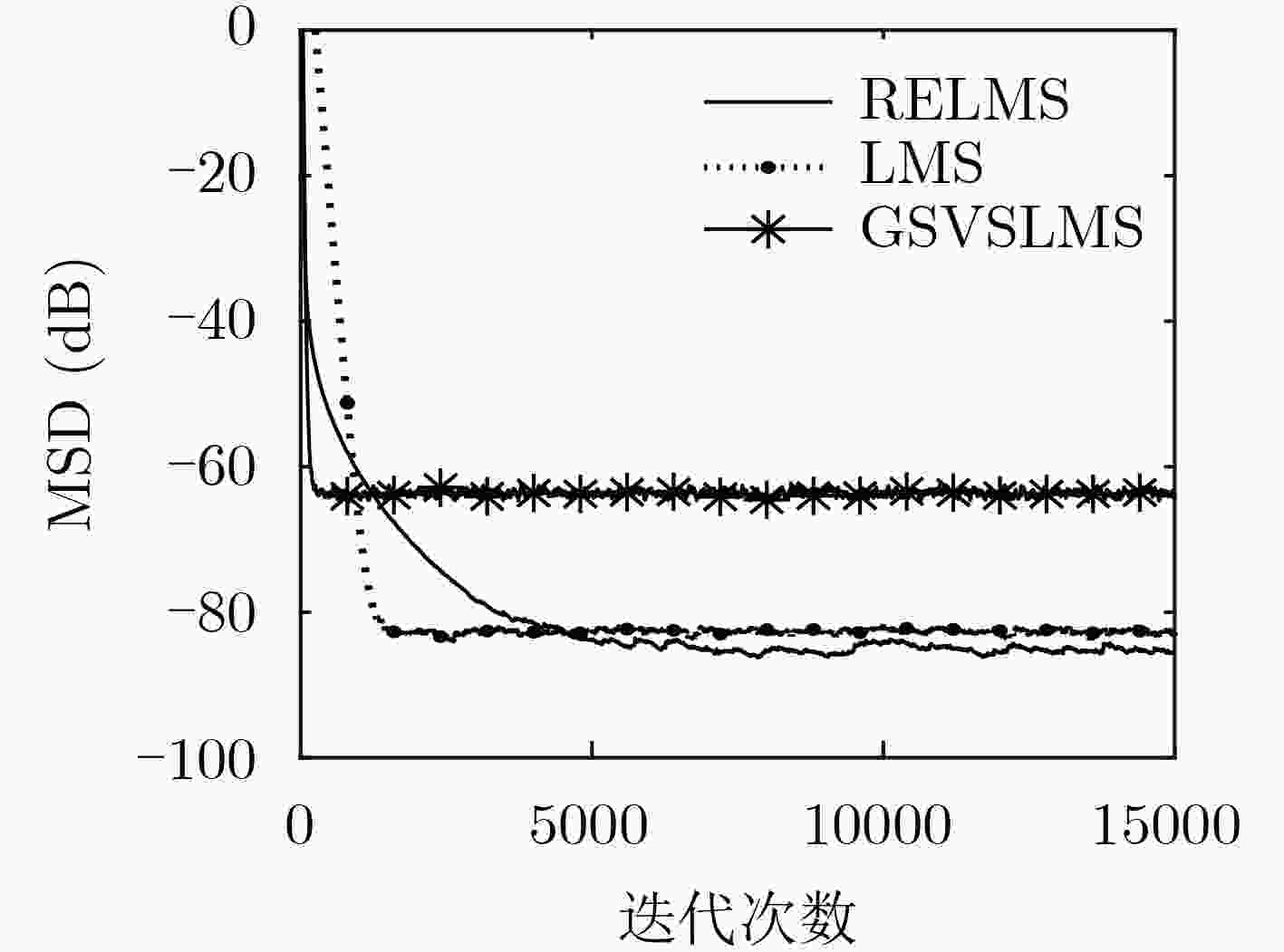
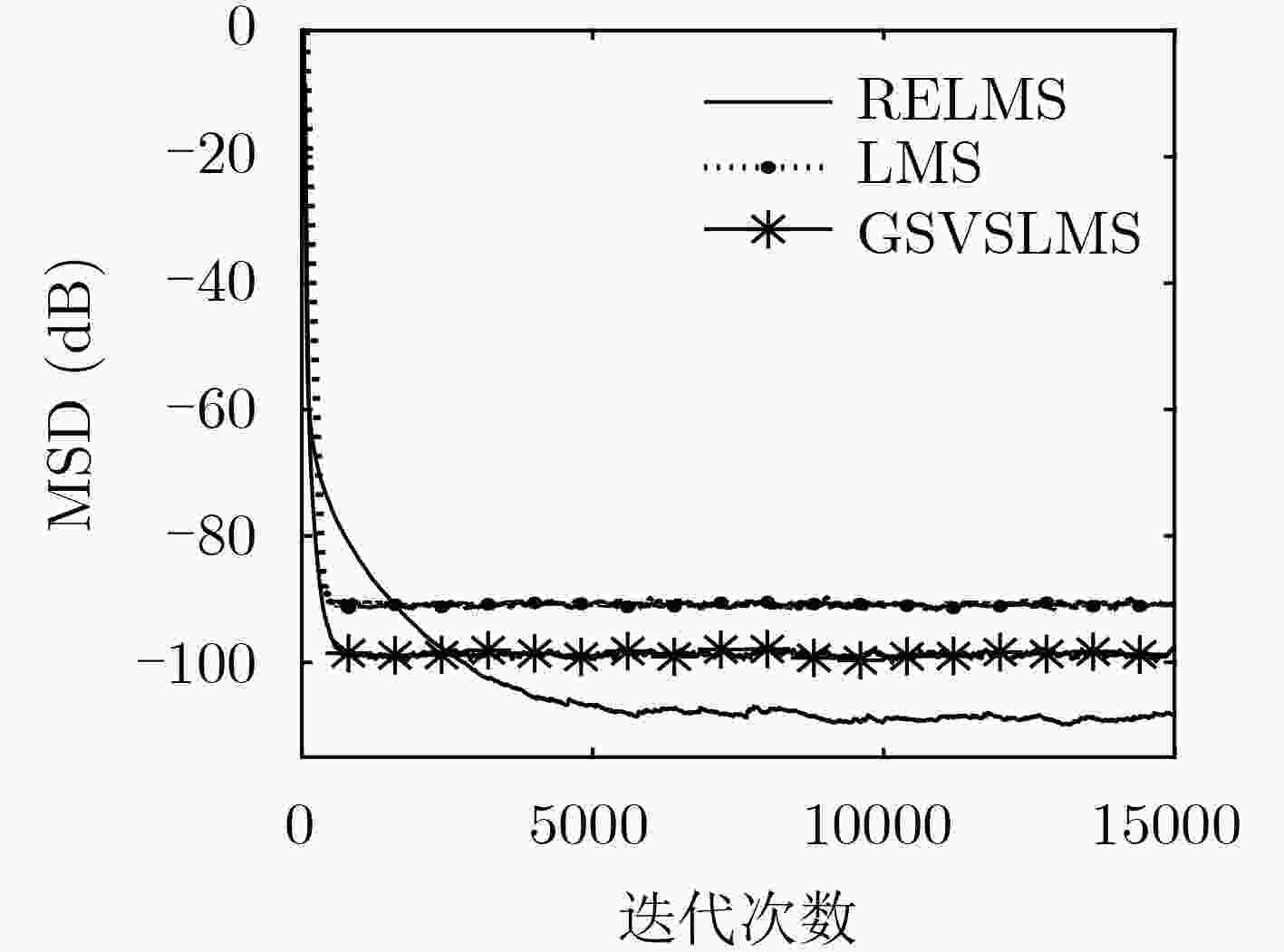
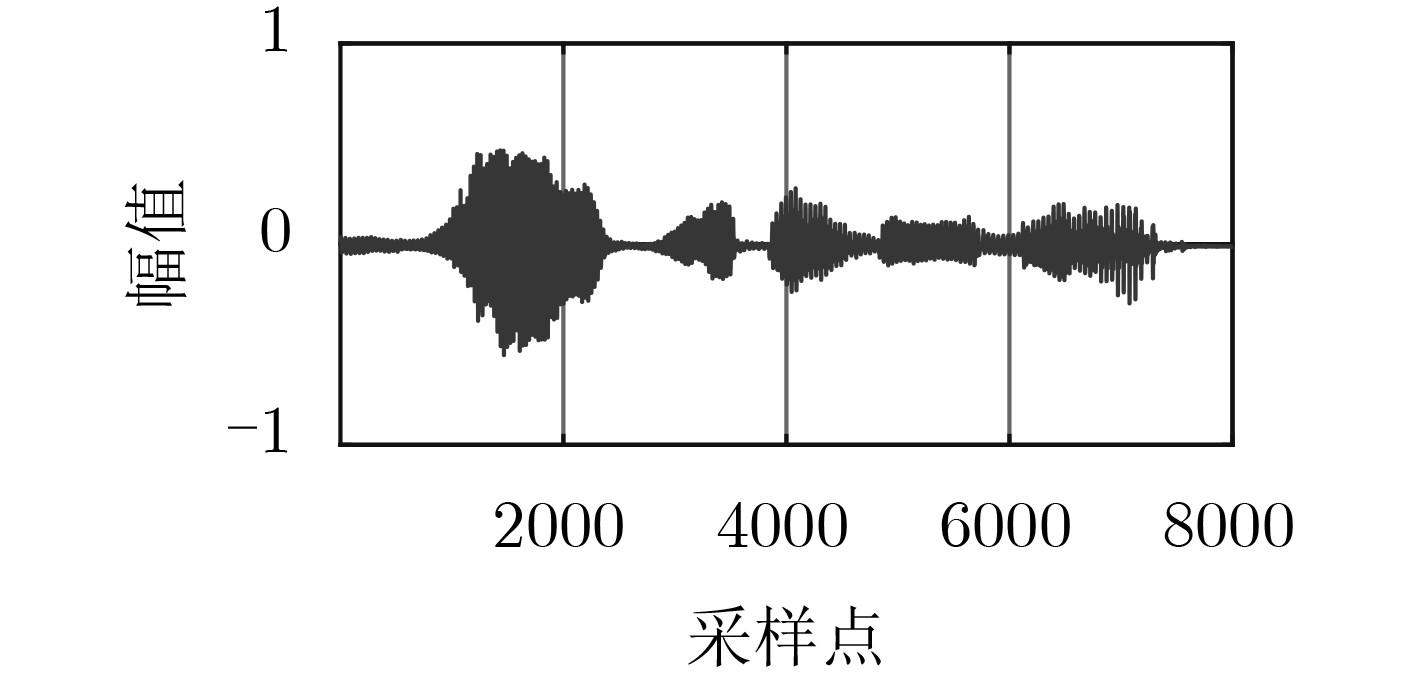

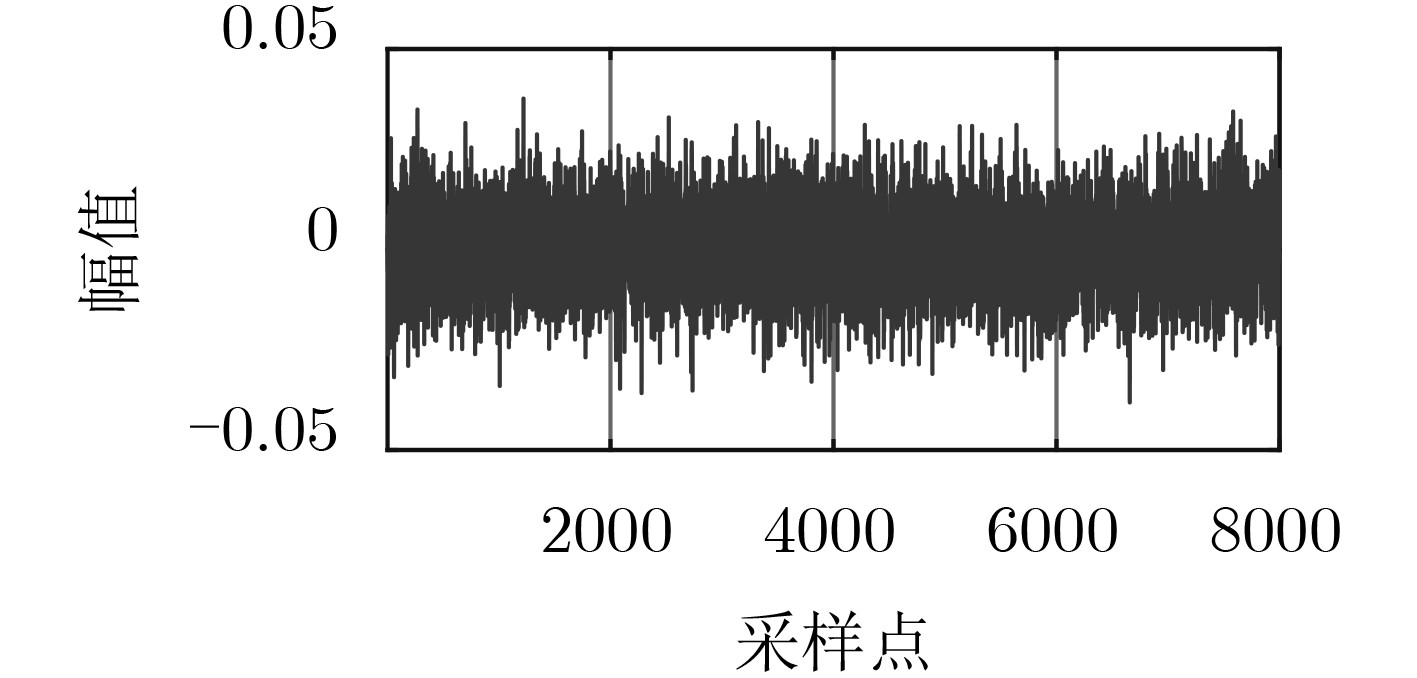



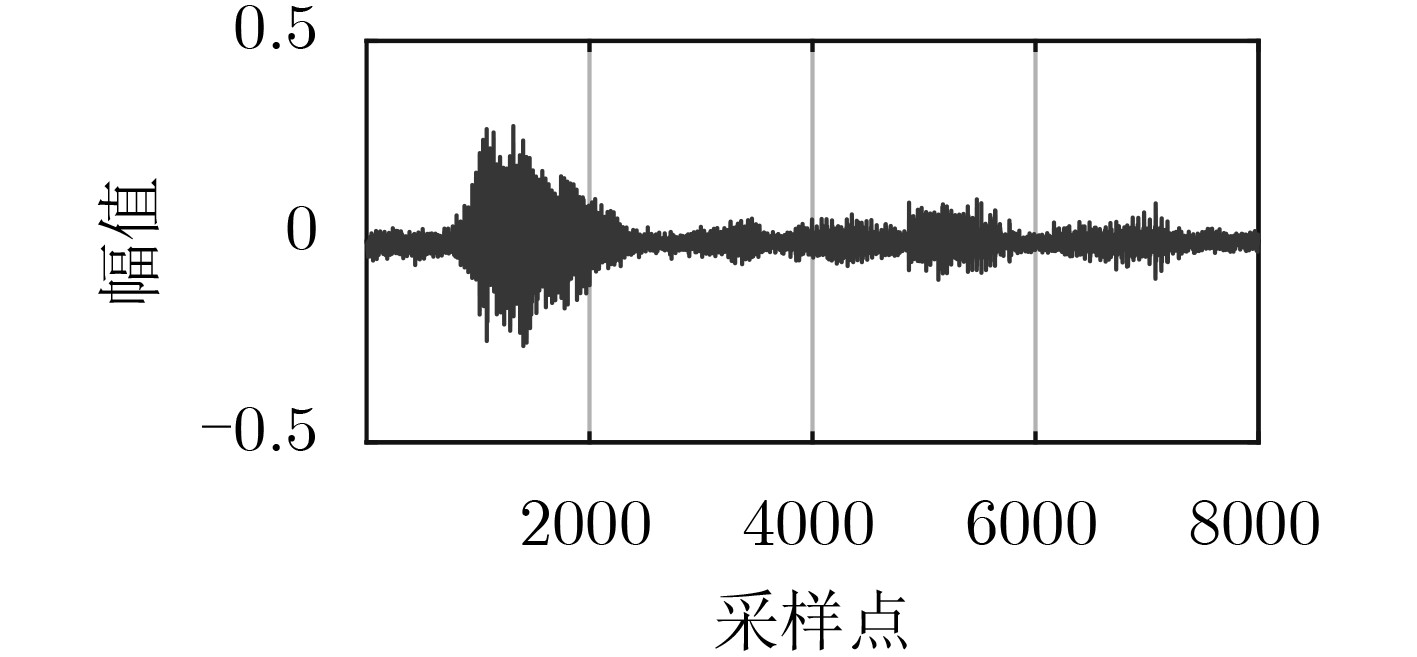
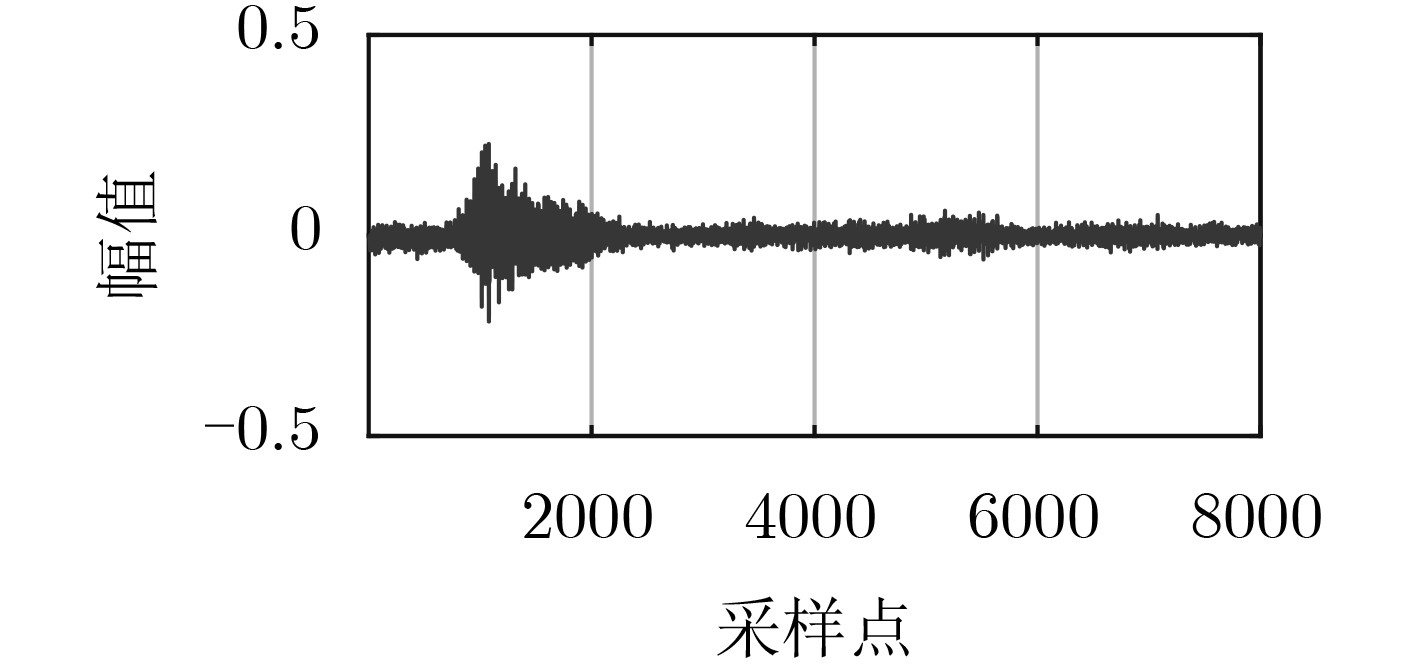
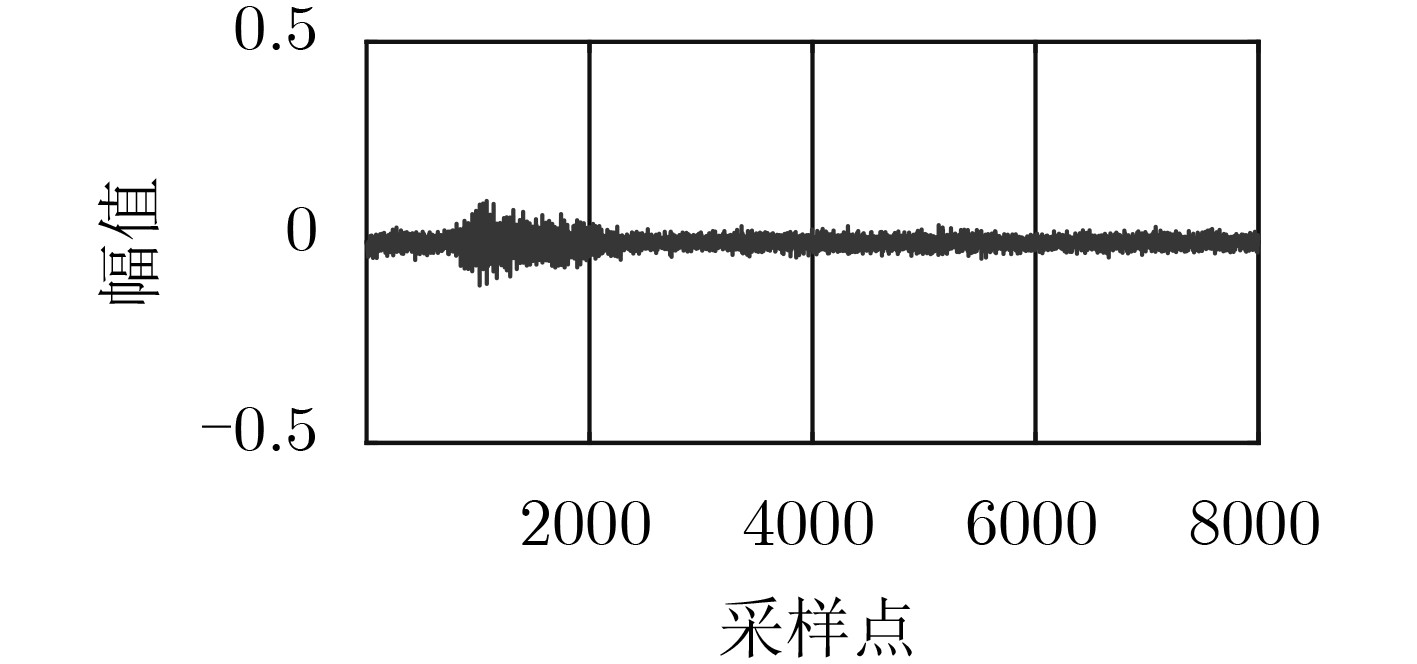


 下载:
下载:
